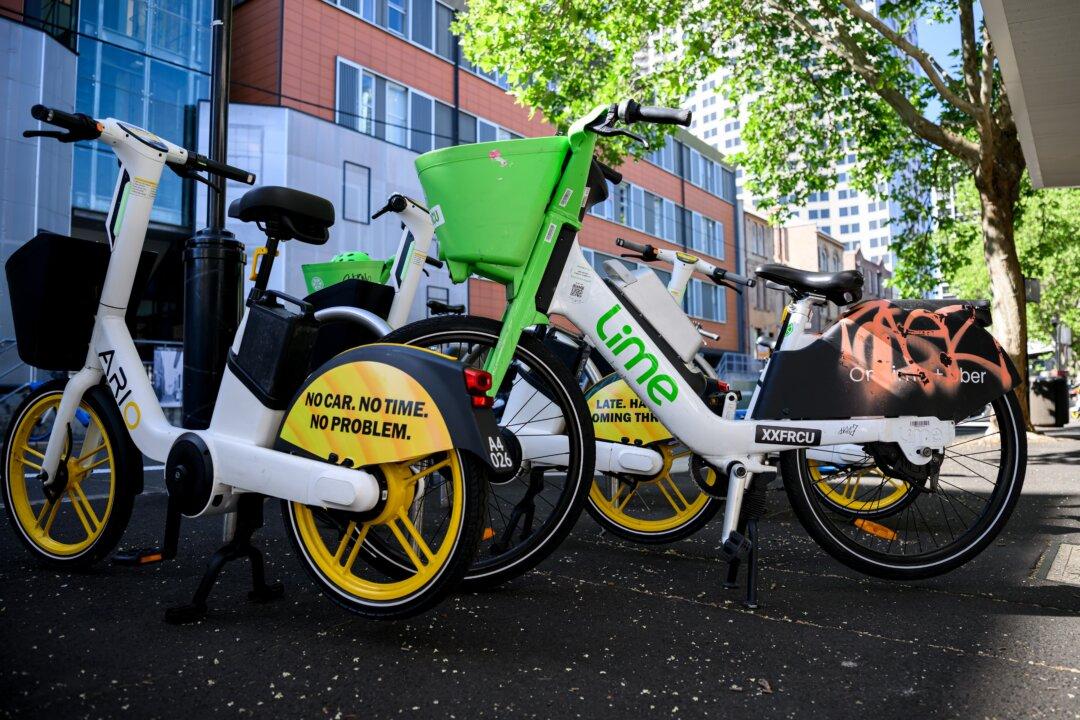Thousands of dollars will be slashed from the price of some electric vehicles in Australia after the Senate approved a tax cut following last-minute negotiations with crossbench senators.
The Electric Discount Car Bill is expected to pass into law on Friday after the Senate voted in favour of the proposal by 31 to 24 votes.





